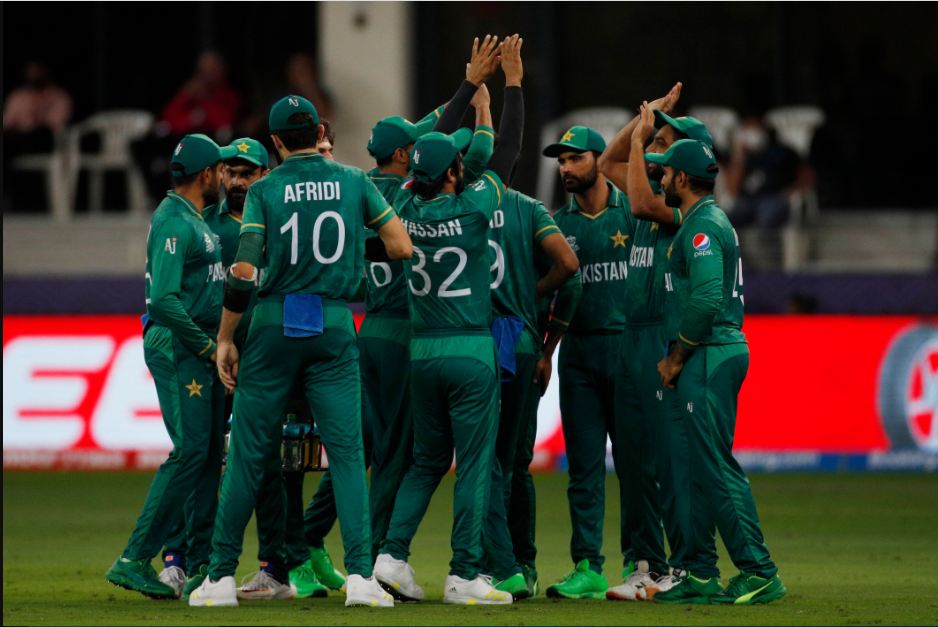The Nile Dam Conflict: Egypt, Sudan, and Ethiopia
by Jaafar Siddiqui
Egypt and Sudan demand a legally binding agreement on the dam’s filling and operation, whereas Ethiopia insists on guidelines.
The river Nile is one of the longest rivers in the world which travels the distance of 6,000 Kilometers through dozens of East African countries to empty into the Mediterranean Sea.
River Nile is an essential source of water and electricity of several countries in East Africa.
The Grand Ethiopian Renaissance Dam
The tension between Sudan, Egypt and Ethiopia began with the construction of the Grand Ethiopian Renaissance Dam (GERD) on the Blue Nile in 2011. GERD will be the largest hydroelectric power plant project in the Africa when completed with the capacity of generating 6,400 megawatts of electricity, its primary purpose is to produce electricity to deal with the electricity shortage in Ethiopia and to export electricity to the neighboring countries.
However, Egypt and Sudan claim that the filling of the Dam would violate their water rights as it’s going to cause water shortage for them, as they are heavily dependent on the river Nile for cultivating crops and other essential uses. Egypt gets almost 90% of its fresh water from River Nile, hence the Dam is considered an existential threat to the Egypt, while Sudan is concerned about the operation of its own Nile dam and water stations.
On the 6th of July, Egyptian authorities said it has received an official notice from Ethiopia that it has started the next phase of filling the Dam raising tensions once again between the three countries. Ethiopian authorities had said previously that they would resume the filling in the month of July and August at the times of heavy rainfalls. “The next filling takes place only during heavy rainfall months of July/August”, said Abiy Ahmed Ali, the prime minister of the federal Democratic Republic of Ethiopia.
Chairman of Foreign Relations Committee at the parliament Karim Darwish said, “Ethiopia’s second filling of the Renaissance Dam threatens international peace and security”, said Karim Darwish Chairman of Foreign Relations Committee at the parliament.
Issue of Egyptian and Sudanese National Security
“Egypt has always emphasized its keenness to achieve development in Ethiopia without harming Egypt and Sudan’s water rights, which is something that can be achieved if there are intentions and responsibility”, He added.
The Head of Foreign Affairs of the Representatives concluded his statements that the Egyptian political leadership has repeatedly stressed that “the Egyptian rights will not be diminished or harmed, and that the water issue is an issue of both Egyptian and Sudanese national security”.
Whereas Ethiopia claims that the filling of the Dam will not only help Ethiopia to deal with its electricity problems but also to help Sudan prevent floods. “Heavy rains last year enabled successful 1st filling of the GERD while the presence of the GERD itself has undoubtedly prevented severe flooding in neighbouring Sudan”, said Abiy Ahmed Ali, the prime minister of the federal Democratic Republic of Ethiopia in his tweet.
“Ethiopia, in developing Abbay River for its needs, has no intention of causing harm to lower riparian countries”, he added in his tweet.
Ethiopia has continued with the filling of the dam twice this summer now without the deal in the UN security Council. According to the Reuters, Ethiopia isn’t keen on security council involvement and instead asked the involved authorities to discuss the issue within the African Union. Reuters also added that Ethiopia previously rejected calls from Egypt and Sudan to involve mediators outside African Union.
Egypt and Sudan demand a legally binding agreement on the dam’s filling and operation, whereas Ethiopia insists on guidelines. The concerns of the countries involve how much water will Ethiopia release downstream if a multiyear drought occurs, how would they settle any future disputes, and Sudan asks Ethiopia to coordinate and share the data on the dam’s operation so that in case of emergency it could protect its own power-generating dams on the Blue Nile.
Saudi Arabia’s support for Egypt
Amidst the heightened tensions, the Kingdom of Saudi Arabia expressed their support with the Egypt and Sudan, the statement said, “The Kingdom calls on the international community to intensify efforts to find a clear mechanism to start negotiations between the three countries to get out of the crisis, in line with their interests and the interests of the Nile Basim countries and the future of the people of the region, according to international auspices and in agreement with the African Union and the Arab League”.
Ahead of the UN Security Council meeting on Thursday, Tunisia has reportedly submitted a draft resolution for Ethiopia to halt its filling of a dam. The document is aimed to push for a binding agreement between Ethiopia, Sudan, and Egypt on the operations of the dam.
A senior Ethiopian diplomat told Reuters that the draft resolution would “effectively scuttle” an African Union-led mediation process between the three countries, and Ethiopia was working to make sure that it would not be adopted.
“Ethiopia does not believe the matter falls within the purview of the council”, he added on the condition of anonymity.
Jaafar Siddiqui earned Bachelors in Journalism from the University of Hertfordshire — United Kingdom. He writes for The Milli Chronicle on Business, Politics, and Culture.



